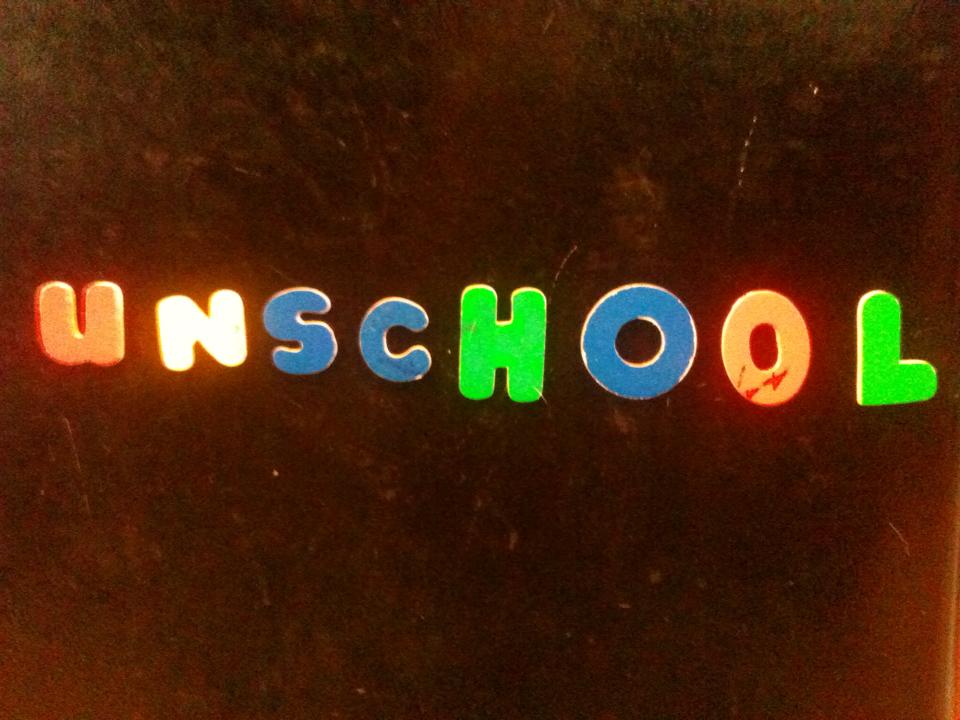Schools
Unschool: Unique approach to Education

In our recent write-up, we talked about what is Unschooling and how is it different from Homeschooling. So this time we are going to take a look at the pros and cons of Unschooling as an approach to education. But first –
Unschooling
The term ‘Unschooling’ was coined by John Holt in the 1970s and focuses on the natural and self-directed learning for children. It stands on the philosophy that children learn what they want to learn and you don’t necessarily need degrees to be successful in life.
John Holt, who is known as the father of Unschooling, believed that child-led learning is more efficient and respectful of children’s time and takes advantage of their interests while allowing deeper exploration of a number of subjects than what is possible in conventional education.
Pros
Self-directed learning
Children take charge of their own education based on what they are truly interested in. they decide what they want to learn instead of the society telling them what they should. It’s great for a child’s overall growth and they develop more individualistic and unique traits. Not all children are the same and thus using the same method to teach them all isn’t as efficient as education tailored specifically for them and by them.
Flexible method
There are no restrictions, no guidelines to follow- the kids are free to do their own thing at their own pace in their own time. This again is relatively healthy than the stifling conventional education where everything is a race- and kids face constant anxiety of passing and keeping up with the other 40 students, growing up fearing failure.
Makes children independent
The kids take all the decisions with the guardians just providing the needed resources, thus their decision-making abilities develop more with passing time. They do things their own way and through trial and error learn what is suitable for them- that kind of experience and freedom is really important for the overall growth of a child.
Open-mindedness
Because the child is trying and testing different things and making decisions on their own, putting in use what they observe and know already about their surroundings, they tend to be more open-minded than kids who learn only in the enclosed walls of a classroom. Their horizons are wider.
Self-discipline
Self-discipline is the best discipline. Children are curious and full of wonder by nature. Unschooling gives them a chance to explore by themselves and decide what to go for and what to not by themselves. Though the beginning may be rocky or there may be phases where they may seem ‘unmotivated’, they eventually find their own way. Trusting them is the way to go and with time, as they explore their interests and future prospects, they become more self-disciplined. The amount of freedom they get from the beginning later helps them setting rules for themselves. 
More communication with parents and other age groups
It is indeed a fact that 8 hours of school each weekday really eats away the bonding time between parents and kids… oh and homework and tuition too. Unschooling gives more opportunity to bond with parents and children. Also, the majority of the kids’ interactions are not limited to their age-group (as seen in a class setting) but expands to everyone around them including the younger and older.
Cons
Not enough socializing with same age group
Our last ‘pros’ point can be subverted to claim that Unschooled kids don’t get enough interaction with kids their own age which is essential in its own way. The kids might feel isolated to a degree, having less or no peers going through the same thing as them. The sense of belonging is a part of human nature.
May promote laziness
Another thing is that since there are no restrictions, both the child and parents may get somewhat lazy and unmotivated. The fear and anxiety that a closed classroom and regular exams system may elicit can also work as a motivator for many. Fueled by competitive spirit or unwillingness to fail, the children and parents might put more effort.
In the end, it really depends upon the children and family- not all kids are a fit for conventional education and not all would be able to thrive while unschooling. It depends on the individual interests and the ability of parents to provide a number of varied resources for the kid to choose and learn from.






























